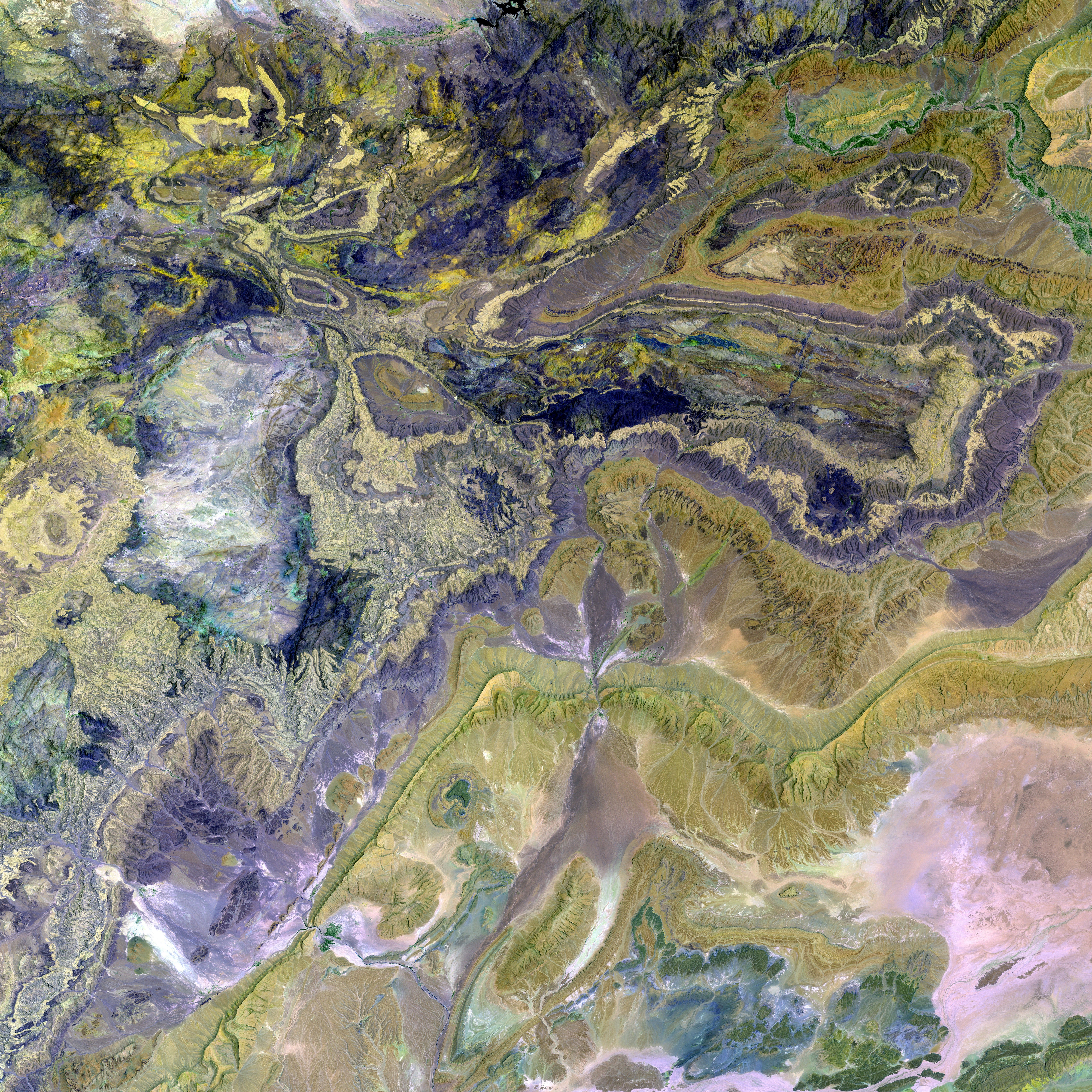Arizona Governor Vetoes Cryptocurrency Holding Plans, Imposes Strict New Regulations for Kiosk Managers
Arizonan Governor Katie Hobbs Takes a Stand Against Crypto Bills, Signed HB 2387
Governor Katie Hobbs has told a firm "no" to two crypto-related bills, Senate Bill 1373 and Senate Bill 1024, effectively pausing Arizona's ambitious plans to incorporate digital assets into its public finance system. However, in a surprising turn of events, she has signed House Bill 2387, a bill that tightens regulations for cryptocurrency kiosk operations to fortify consumer protection and combat fraud.
Governor Hobbs Stands Firm on Digital Asset Integration
Senator Mark Finchem presented SB 1373, suggesting the creation of a Digital Assets Strategic Reserve Fund. This fund, initially seeded with appropriated funds and confiscated digital assets, would be overseen by the State Treasurer. The Treasurer would have the power to store these assets in secure custody solutions or exchange-traded products. Additionally, the bill permitted the Treasurer to invest up to 10% of the fund annually and loan digital assets to generate returns, provided the financial risks to the state remained minimal.
But why the veto? Hobbs rejected this bill due to concerns about market volatility. Already having signed HB 2749, which allows the state to harness digital assets without jeopardizing the general fund dollars, Hobbs asserted that this was the responsible strategy[1].
Another bill on the chopping block was SB 1024, presented by Senator Wendy Rogers and Representative Jeff Weninger. This bill would authorize state agencies to accept cryptocurrency for payments, including fines, taxes, and fees, through agreements with vetted crypto service providers. However, Hobbs vetoed it because, despite appealing risk-mitigation provisions, she believed it still left the state vulnerable to unpredictable financial fluctuations[2].
Hobbs Supports Protective Crypto Measures: HB 2387
In contrast to the two rejected bills, Hobbs agreed to enact HB 2387, which introduces stringent regulations for cryptocurrency kiosk operators. These regulations aim to protect consumers from fraud by mandating extensive disclosures, detailed receipts, and the prohibition of anonymous transactions[3]. The bill also requires crypto kiosk operators to maintain a comprehensive anti-fraud policy and to provide live 24/7 customer support.
While Hobbs continues to vacillate on some digital asset integration measures, her endorsement of HB 2387 highlights her preference for cautious, risk-free strategies when engaging with cryptocurrencies[2].
Disclaimer: BeInCrypto strives for unbiased, honest reporting. However, readers are advised to fact-check information independently and consult with a financial expert before making any financial decisions based on this content. Please refer to our Terms of Use, Privacy Policy, and Disclosures for further details.
[1] Cointelegraph: Arizona Governor Katie Hobbs vetoes two crypto bills over fund management concerns[2] Binance Insight: Arizona Governor Vetoes Two Leading Crypto Bills, Drops Remaining Bill[3] CoinDesk: Arizona Governor Vetoes Crypto Payment Bill Over Risks, But Signs Crypto Kiosks Bill[4] Arizona Capitol Times: Katie Hobbs vetoes Senate Bill 1373 and Senate Bill 1024[5] Ars Technica: Arizona governor vetoes bill allowing state agencies to accept crypto for taxes and fees
- In a move to strengthen consumer protection and combat fraud, Governor Katie Hobbs has signed House Bill 2387, which tightens regulations for cryptocurrency kiosk operations in Arizona.
- The bill mandates extensive disclosures, detailed receipts, and the prohibition of anonymous transactions for crypto kiosk operators, setting stringent measures to safeguard consumers from fraud.
- Earlier, Governor Hobbs vetoed Senate Bill 1373, a proposal to create a Digital Assets Strategic Reserve Fund, citing concerns about market volatility.
- The rejection of SB 1024, another bill authorizing state agencies to accept cryptocurrency for payments, also occurred due to fears of financial instability arising from unpredictable market fluctuations.
- Despite her firm stand on these bills, Governor Hobbs has not ruled out all digital asset integration measures, indicating a preference for cautious, risk-free strategies when engaging with cryptocurrencies.
- The events concerning these digital asset bills have raised discussions in the realm of Arizona finance, politics, and general news, sparking debates on crypto regulation, stability, and usage in public finance systems.





